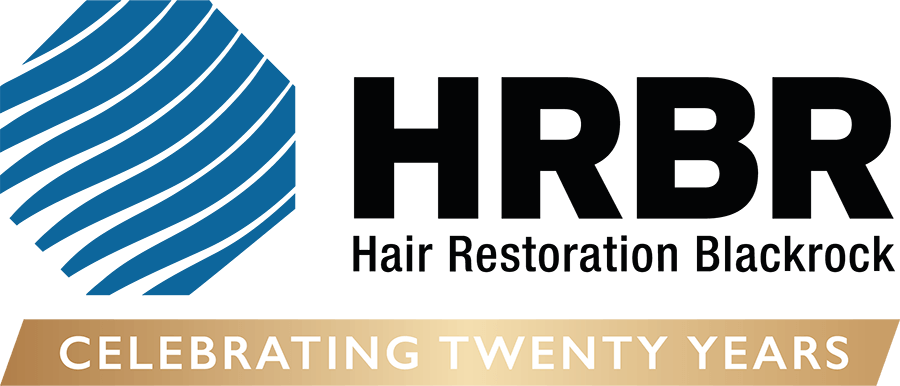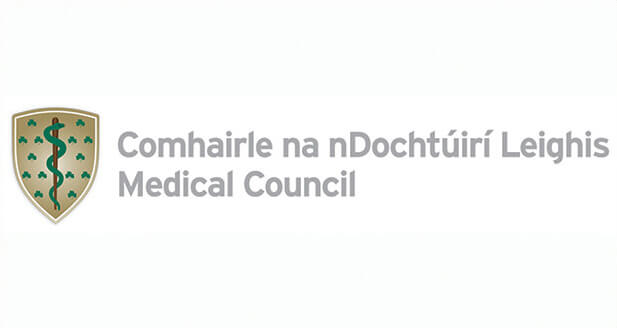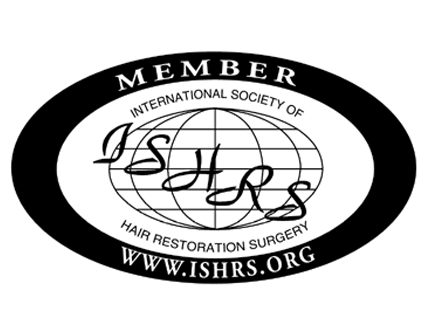
Her hair was her everything – and then it began to fall out. Mary Cate Smith on coming to terms with alopecia – and why she’s never felt as free
I’ve always had a complex relationship with my face. A malleable instrument of constantly-changing emotion, it seemed to express with greater intensity than other faces. Comedy was my safe space; funerals, a series of macabre quagmires. More often than not, my overactive visage betrayed my thoughts.
But my hair? My hair was everything. From the flaxen pigtails of my childhood to the Friar Tuck-inspired bob inflicted on most children of the 80s and the long, thick, lustrous hair I cultivated from my teenage years into my 20s. Who did I think I was? I was the proud owner of desirable hair.
Throughout the years, hair has played a major role in representing identity, social status and ideology. The Farrah Fawcett flick, the ‘Rachel’, Elvis’ quiff and Michaella McCollum Connolly’s super-sized ‘hun bun’ have all cemented their status in the annals of follicular history. We seethed when Becky with the Good Hair caught Jay-Z’s eye, cheered on civil rights with Angela Davis and her Black is Beautiful afro and feared the Neo-Nazi subculture of the skinhead. Polygamous Nigerian cultures had kohin-sorogun; the art of sending subliminal messages to a rival wife through hair.
Hairstyles can run the gamut from the personal to the political. We are emotionally hardwired to feel attached to our hair; it has within its tresses, energy, emotions and memories. “Don’t touch my hair,” sang Solange, “when it’s the feelings I wear.”
So, when I started losing my hair back in 2018, I felt like I was losing little pieces of me. I was diagnosed with alopecia areata, an autoimmune disorder where the immune system erroneously attacks the hair’s follicles. At first, shedding was minimal and intermittent — I could hide the patches with hairbands and hats. After the initial effluvium, my hair began to grow back; albeit different lengths and textures —but it was growing all the same.
Then, in 2019, my sister was diagnosed with stage-four breast cancer. My best friend and confidante, she underwent an aggressive bout of chemotherapy, followed by surgery and radiation. Her hair fell out. All of it. And whether by chance or by symbiosis, so did mine. In the space of about six months, I had one stripe of greying hair left on my head.
While my sister eschewed wigs in favour of brightly-coloured scarves and the softest bamboo hats, I felt wearing a wig was the only way forward for me. I made an appointment with Bernie Murray of Wigs Medical to get fitted for a wig. As someone who has experienced hair loss herself, she was a beacon of kindness and hope in a very dark time in my life. Murray not only helped me to choose the wig that was right for me, she also applied for the HSE medical wig allowance which entitles you to money towards a wig with a letter from your doctor (the sum varies from county to county and ranges from €440-€767).
Model, actor and activist, Amber Jean Rowan, started losing her hair when she was 15. At the time, she was a contestant in RTÉ’s The Model Agent. Pursuing a career so contingent on image whittled away at her self-esteem.
“It was a huge elephant in the room. I was never comfortable with anyone seeing me without my hairpiece.”
Ordinary tasks — jumping into the sea, answering the front door, seeing the milkman — had monumental meaning. If it wasn’t the four, core people who had seen her hair-free, Rowan’s anxiety was “debilitating”. Growing up, Rowan noticed the paucity of bald women depicted in the media. After years of sitting with the discomfort, she wanted to create an inspirational space where women with hair loss could feel seen. After opening up about her alopecia, women were coming to her describing the limits of having no hair. Can you really be a ballerina without her signature chignon? An air hostess without the perfectly-coiffured bun? Rowan wants you to know that you can.
“Your life can be just as great with or without hair. You might have more challenges along the way but you can do anything you want to do.”









